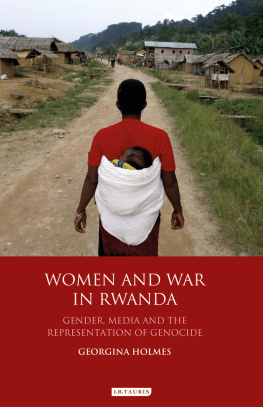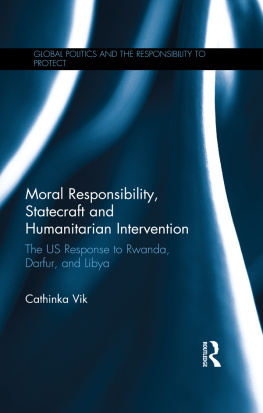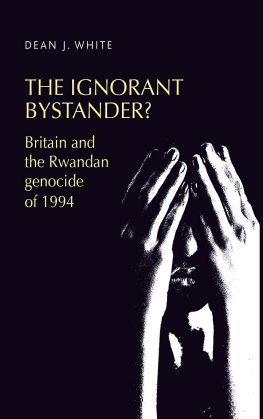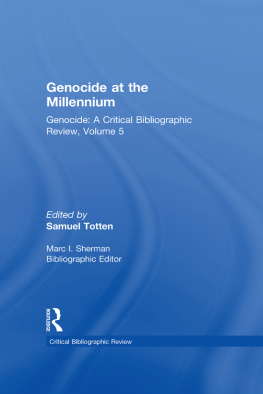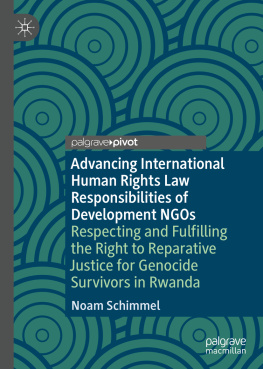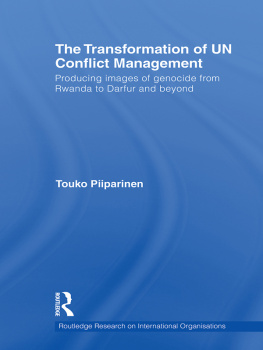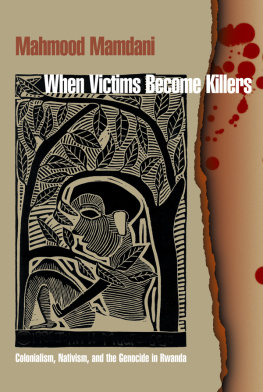: Rwandan women in high politics: President Paul Kagame walks with aide Rose Kabuye on 7 November 2008 during an emergency summit in Nairobi aimed at restoring stability in the conflict-torn eastern Democratic Republic of Congo. A colonel in the Rwandan Patriotic Front who fought on the front line, Kabuye was appointed City Mayor of Kigali in 1994 before becoming a member of the Rwandan Parliament, serving as Chairperson of the Defence and Security Committee in 1998. In 2003, at the height of the second Congo war, Kabuye became the Presidents Chief of State Protocol, advising government officials on matters of national and international protocol.
: A woman holds a placard during a demonstration on 19 November 2008 in Kigali protesting the arrest of Rwandan presidential aide Rose Kabuye in Germany on 9 November and her subsequent extradition to Paris, France. A French court charged Kabuye with complicity in murder in relation to terrorism, on suspicion that she was connected to the political assassination of former Rwandan president Juvnal Habyarimana. At the time, Rwanda pressed for a hasty trial in France. The case was dropped when a key witness retracted his statement.
: By 1994, there were some 20 Hutu extremist magazines and newspapers in circulation in Rwanda, of which Kangura was the most renowned. Tutsi women were presented as sexualized military operators, working for the Rwandan Patriotic Front (RPF). Pro-democratic Hutu women who refused to conform to the ideals of a pure Hutu state were also dehumanized. A very public ridiculing of UN peacekeeping (UNAMIR) troops formed part of the strategy of Hutu extremist politicians to derail the peace process and hamper the Rwandan populations efforts to bring about genuine democracy.
: Gendered discourses and narratives about rape and genocide have been central to conflicts in the Great Lakes region since before the 1994 genocide in Rwanda. In the early 1990s Hutu extremist propaganda magazines such as Kamarampaka were keen to instil fear in Rwandan populations by mediatizing the genocide of Hutu. These narratives were appropriated by political actors in Rwanda and the DRC and by militia groups such as the Forces Dmocratiques de Libration du Rwanda (FDLR) and the Congrs National pour la Dfense du Peuple (CNDP), throughout the two Congo wars (19972010).
: A campaign flyer distributed in an edition of The Observer in the summer of 2009. At the time, Amnesty International attempted to raise awareness among its British audience that the problem of rape in the east of Congo was not simply a by-product of war, but a military strategy.
: Spanish photojournalist Cdric Grbehaye took this image of dissident general Laurent Nkunda at the CNDP headquarters in Masisi hills, North-Kivu in July 2007. At the time, Grbehaye believed Nkunda was performing in front of the camera, using the international media to heighten his notoriety and position himself as a threat to Congolese president Joseph Kabila.
Without the advice and help of the following people this book would not have been possible, and I thank them for their support: Neil Lazarus, Terry Lovell, Christine Sylvester, Lindiwe Dovey, Mark Hobart, Deniz Kandiyoti, Zoe Marriage, Jack Spence, Christine Kenyon-Jones, Henry Theriault, Nazneen Ahmed, Aurora Tellenbach, Shirley Randell, Gabi Gabiro, Janne Gundersen, Phil Green, Donald Lickley and Ronnie and John Howard. Special thanks go to the people I interviewed for the time they spent discussing their experiences of (reporting) war and genocide in Rwanda and the east of Congo. Thanks also go to the researchers at the BBC Archive, the British Film Institute and Centre IWACU in Rwanda, Tomasz Hoskins at I.B Tauris, and the anonymous reviewers of this book. I am particularly indebted to Stephen Chan, Linda Melvern, Philip Bohrer and my family.
Georgina Holmes, London
January 2013

